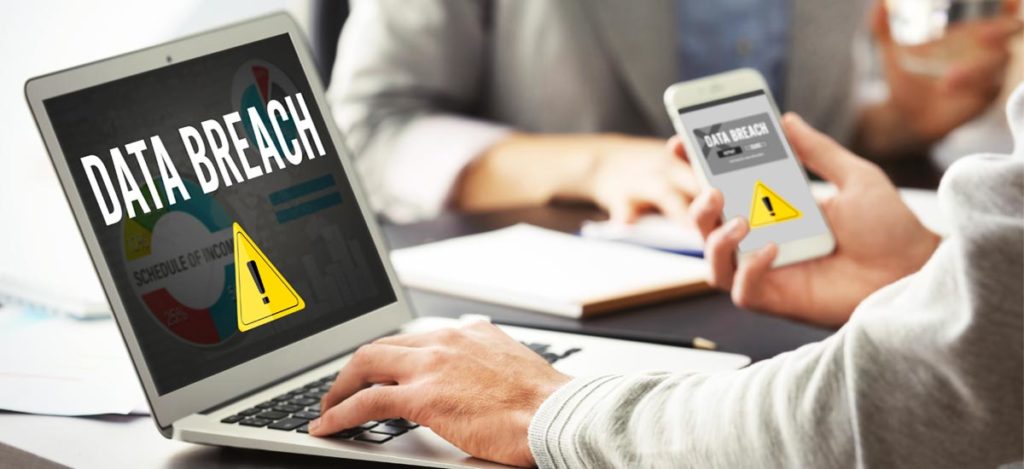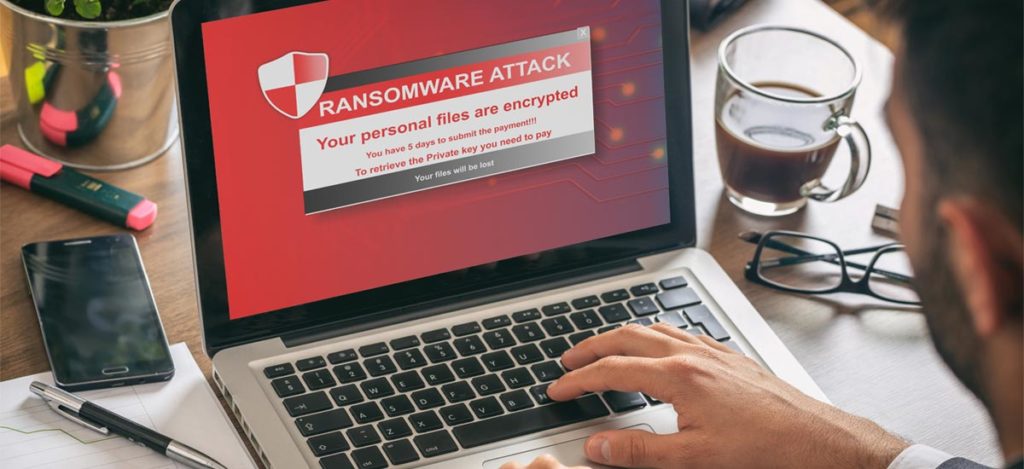Cybersecurity is vitally important, and not just for the big guys.
Many small and medium businesses think that cybersecurity isn’t something they need to devote much time or resources to. The thinking goes that there are bigger fish in the pond, so surely cybercriminals will go after those larger targets.
If you’re a small or medium business leader, you may have had similar thoughts yourself. The trouble is this: reality looks quite different. While it’s true that threat actors will get a bigger haul by breaching a mega corporation, it’s tough to do so (and get away with it). Those companies have robust security measures in place, not to mention the highly qualified staff needed to keep those security measures running and up to date.

1: Cyber Criminals Target SMBs at an Alarming Rate
Why is this the case? Think about real-world physical crime, and the answer comes into focus. Robbing a bank is far more lucrative than robbing a convenience store, but the two carry vastly different risk profiles. The chances of getting caught or even killed while robbing a small shop are much, much lower than in a bank heist. And it’s far easier to grab cash out of a register than to break into a bank vault.
It’s precisely because bank robberies are comparatively rare and particularly brazen that they make the national news. The same goes for the mega-breaches you’ve heard about in the news. For every Target breach, there are far more small business breaches.
Small businesses are easier targets for cybercriminals because they usually aren’t all that well secured, and it’s a struggle to keep up with the latest security developments.

2: SMBs Don’t Realize Their Digital Value
Many small businesses don’t consider themselves likely to be targeted by cybercriminals because business leaders don’t realize the true digital value of their companies. They think there’s nothing that’s really worth stealing, but this is rarely the case.
You don’t have as much money on hand as huge corporations, but digital thieves aren’t usually going directly after your cash. They’ll be more than happy to settle for your customer credit card numbers, personal data of employees and customers, login credentials, bank account numbers, and more.
If your business is in the financial, medical or legal fields, you have whole other classes of data that could be highly attractive to thieves. You also may be subject to additional regulations and/or fines in the case of a breach.
Remember, cybercriminals are just as often after data as they are after money.

3: Some Cybersecurity Practices Are Surprisingly Simple and Affordable
One reason why many small and medium businesses don’t pursue robust cybersecurity practices is cost. Rather, perceived cost. Yes, some aspects of cybersecurity can be expensive, but many aren’t.
Instituting better password practices with your staff is pretty much free. The only real cost is educating your employees, which is certainly worth doing regardless. Similarly, setting up a guest network to keep visitors off your secure network is relatively simple to execute and carries minimal costs.
Other relatively inexpensive strategies that contribute to an overall cybersecurity strategy include using multifactor authentication (MFA) where possible, encrypting backups, and regularly disabling accounts when employees leave.
None of these are costly, but each one does require some amount of IT knowledge, and some require ongoing management. A quality managed IT services firm can easily take care of the implementation and management of these cost-effective cybersecurity strategies.

4: The Price of Cybersecurity Doesn’t Compare to the Cost of a Breach
Every breach is different, but there are all sorts of costs involved. Ransomware attacks may demand actual payment. Many attack vectors destroy productivity in one way or another. And the loss of customer trust you could suffer could be truly devastating. If your business is the reason customers or clients are dealing with identity theft, it’s going to leave a mark on your reputation that’s exceedingly difficult to overcome.
If you’ve never taken the time to do a risk assessment that evaluates the real costs of a potential breach, do it. The price tag on a complete cybersecurity package will look better and better if you do.

5: Every Security Measure Helps, So Start Taking Small Steps Now
Implementing every applicable cybersecurity measure at once is costly, but it’s also overwhelming. And the smaller your company, the fewer resources you have to throw at implementation.
Yes, in a perfect world, the safest and most efficient route is to roll out a comprehensive cybersecurity plan. But that hardly ever happens in real life. Most businesses aren’t able to do it all at once or finance it all upfront.
For most businesses, establishing better cybersecurity doesn’t happen overnight. It’s a process that takes time. Don’t wait until you can do it all to get started. Every step you take now reduces your organization’s level of risk and lowers the likelihood you’ll fall victim to a particular type of attack.

6: Want Better Clients? Bigger Fish Care About Your Cybersecurity
What business doesn’t want to go after bigger business clients or higher-end customers? If you’re looking to grow your business by landing some bigger fish, then you need to care about cybersecurity.
Bigger companies care deeply about cybersecurity, including the security of the smaller vendors and contractors they do business with.
Supply chain attacks and other third-party attacks have become increasingly common. In these scenarios, criminals gain access to a company via the supply chain—usually, a smaller third-party vendor that isn’t as rigorous with its protocols but has access to the larger company’s systems.
If you are one of those vendors and you want to land bigger business targets, they’re likely to look into your cybersecurity plan. If you don’t have one (or don’t have a good one), those big fish will go elsewhere.
7: Your Current Clients Also Care About Cybersecurity
How many clients can you afford to lose? If you suffer a breach, some of your current clients may well find another provider. And these days, with breaches happening all the time, a current client might even get spooked by something they see in the news. If they ask about your cybersecurity plan and you can’t provide a satisfactory answer, they might start shopping around.

8: Viruses, Malware and Phishing Attacks Are Everywhere — and Increasing
Threats from viruses, malware and phishing attacks aren’t going anywhere. In fact, they’re increasing in frequency, and most bad actors are never caught.
Only once the hacker is ready will they execute a noticeable attack.
Sometimes cybercriminals who have infiltrated a system won’t do any obvious damage to the system at all. Instead, the criminal piggybacks off your server, using it to perpetrate other bad actions. The trouble here is that if Google or other search engines identify this bad behavior, it’s your business that gets blacklisted, and the hacker just moves on to a new target.
In summary, the threat vectors are nearly unlimited, and new vulnerabilities are being discovered all the time. There’s no reason to expect that the cybersecurity and cybercrime landscape is going to improve on its own. You need to take the needed steps as soon as possible so that your business can reduce its risk of a data breach or other type of attack.

9: Cyber Attacks and Breaches Are Increasing in Frequency, Too
Trust Southeastern Technical with Your Cybersecurity Needs
Creating a cohesive and up-to-date cybersecurity strategy takes time and expertise that most small business owners don’t have. The best plan is to partner with an experienced managed IT services firm for this crucial service.
Southeastern Technical has been creating cybersecurity strategies for clients for over 20 years. Whatever the nature of your business, our team of experts can evaluate your digital footprint and create a comprehensive cybersecurity strategy for you. We can also help with implementation, training and management of that plan.






